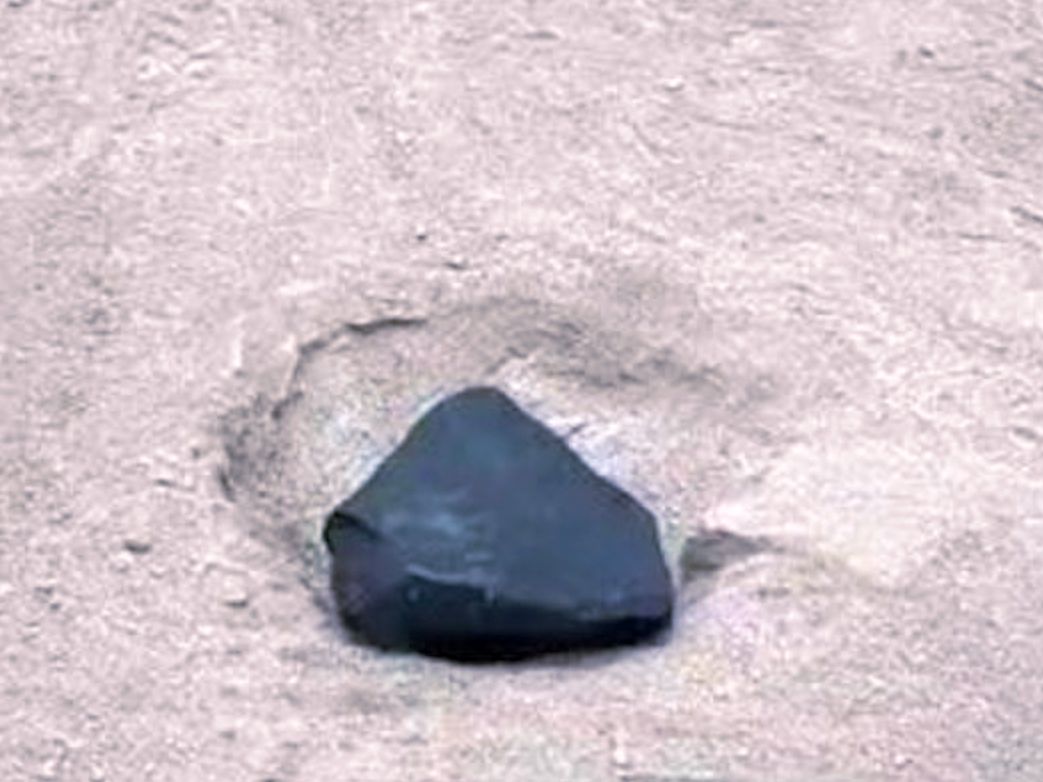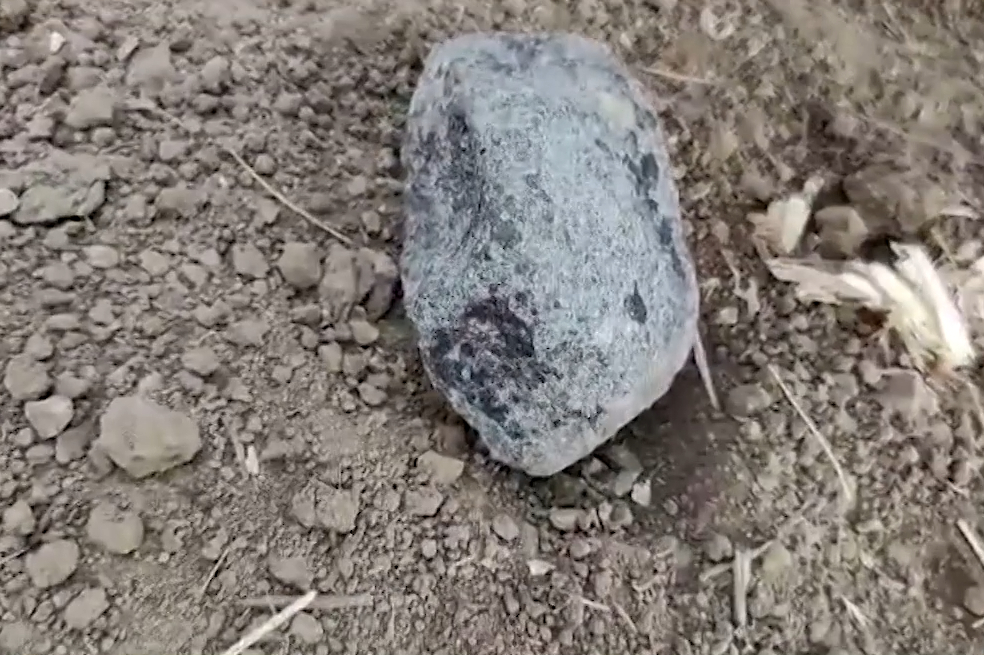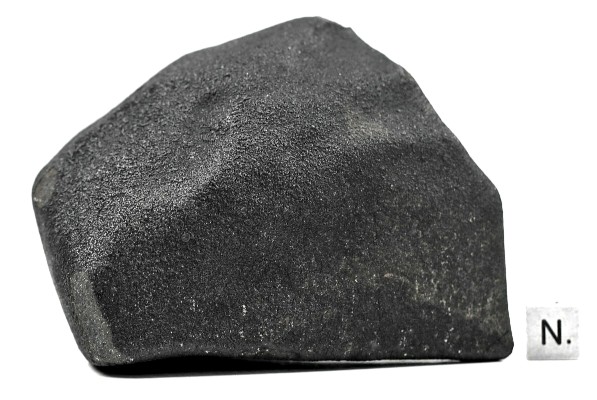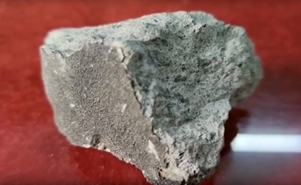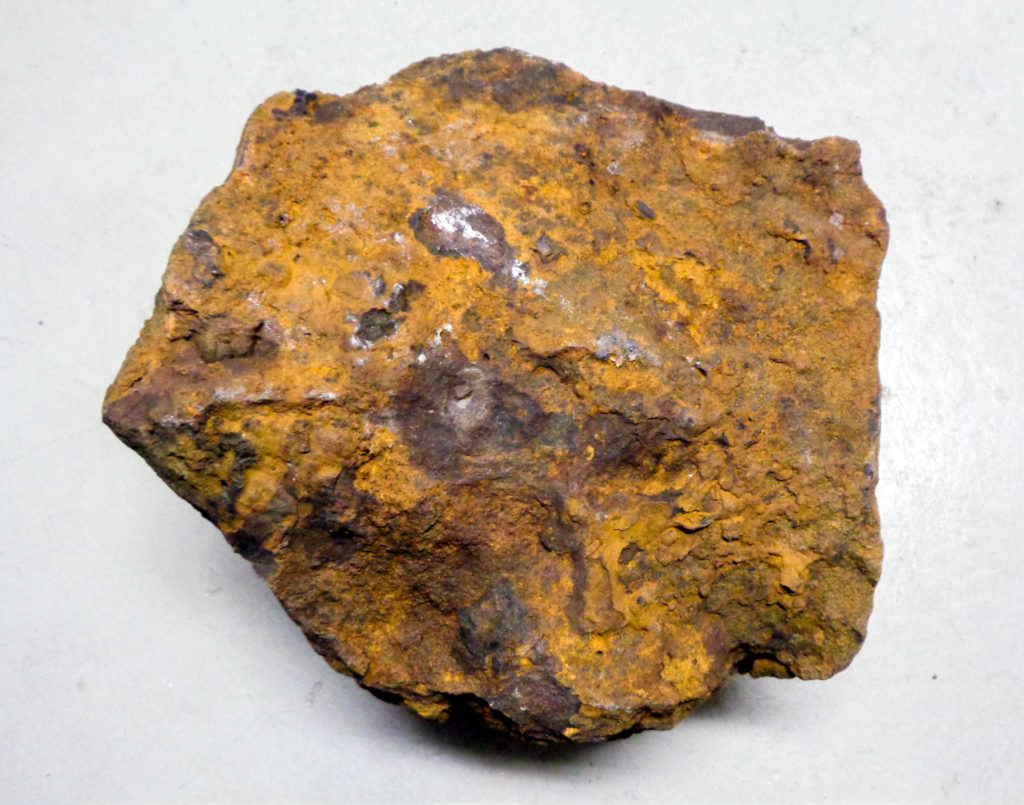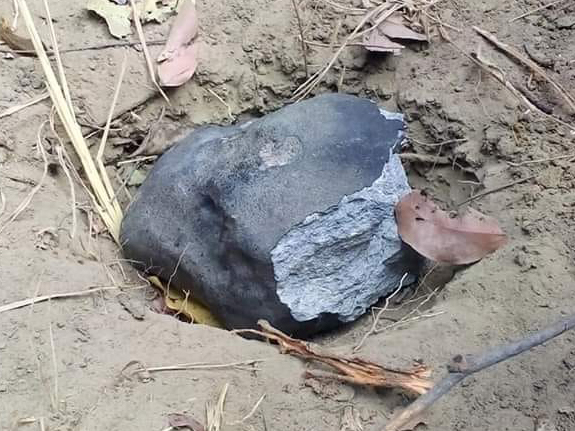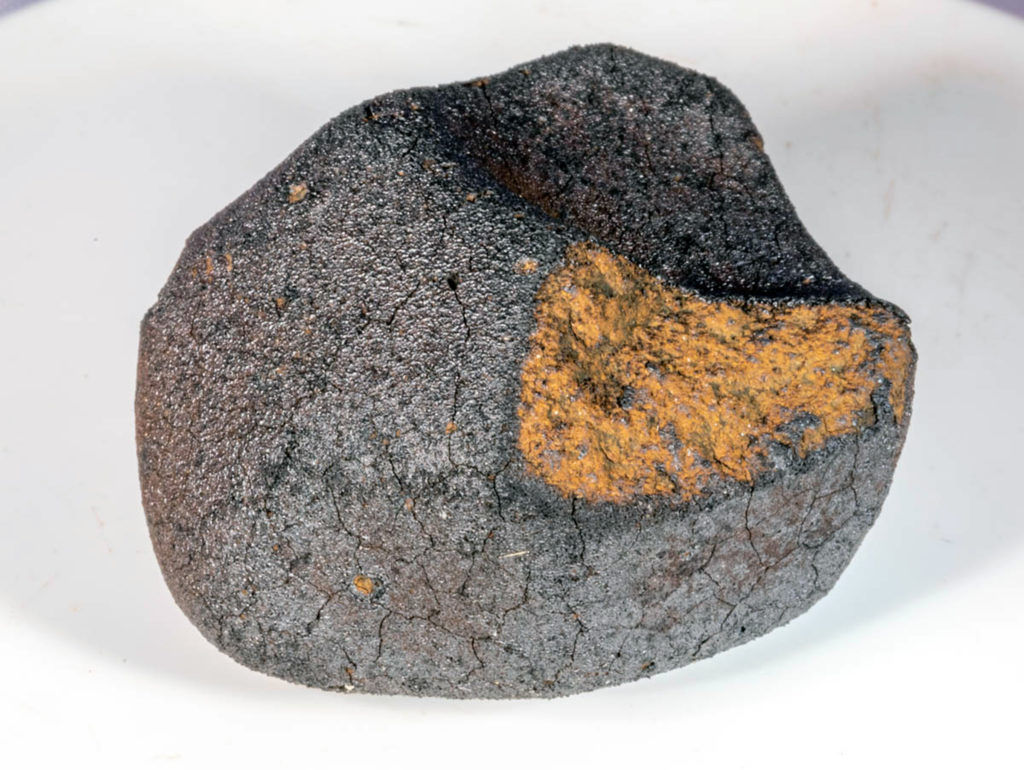Hand magnets and the destruction of ancient meteorite magnetismOPEN ACCESS
Foteini Vervelidou, Benjamin P. Weiss, France Lagroix
JGR: Planets
First Published: 06 April 2023
LINK (OPEN ACCESS)
PDF (OPEN ACCESS)
“Key Points
- The magnetic records of meteorites provide information about planetary formation and evolution, yet they are routinely destroyed by magnets
- We demonstrate the effect of magnets numerically, experimentally and through a paleomagnetic study of the Martian meteorite NWA 7034
- We recommend the use of susceptibility meters for meteorite identification as a non-destructive and more accurate identification technique“
“Meteorites provide invaluable records of planetary formation and evolution. Studies of their paleomagnetism have constrained accretion in the protoplanetary disk, the thermal evolution and differentiation of planetesimals, and the history of planetary dynamos. Yet, the potential of these magnetic records in advancing the field of planetary science is severely hindered by a widely used technique: application of hand magnets to assist in meteorite classification. Touching a meteorite with a magnet results in near-instantaneous destruction of its magnetic record. Here, we showcase the destructive effects of exposing meteorites to magnets through numerical modeling, a controlled remagnetization experiment on a terrestrial basalt, and a paleomagnetic study of the oldest known Martian meteorite, the Northwest Africa (NWA) 7034 pairing group. NWA 7034 is a polymict regolith breccia containing zircon crystals with crystallization ages older than 4.4 billion years. As such it contains materials that are sufficiently old to have formed during the time Mars is most likely to have had a core dynamo. Unfortunately, we found that all 9 paired stones of NWA 7034 that we investigated were remagnetized by hand magnets, as has been observed for many other hot desert meteorites. We recommend that magnets not be applied to meteorites during collection and curation. Instead, a low-field susceptibility meter is a far more sensitive and completely nondestructive tool for meteorite classification.“

